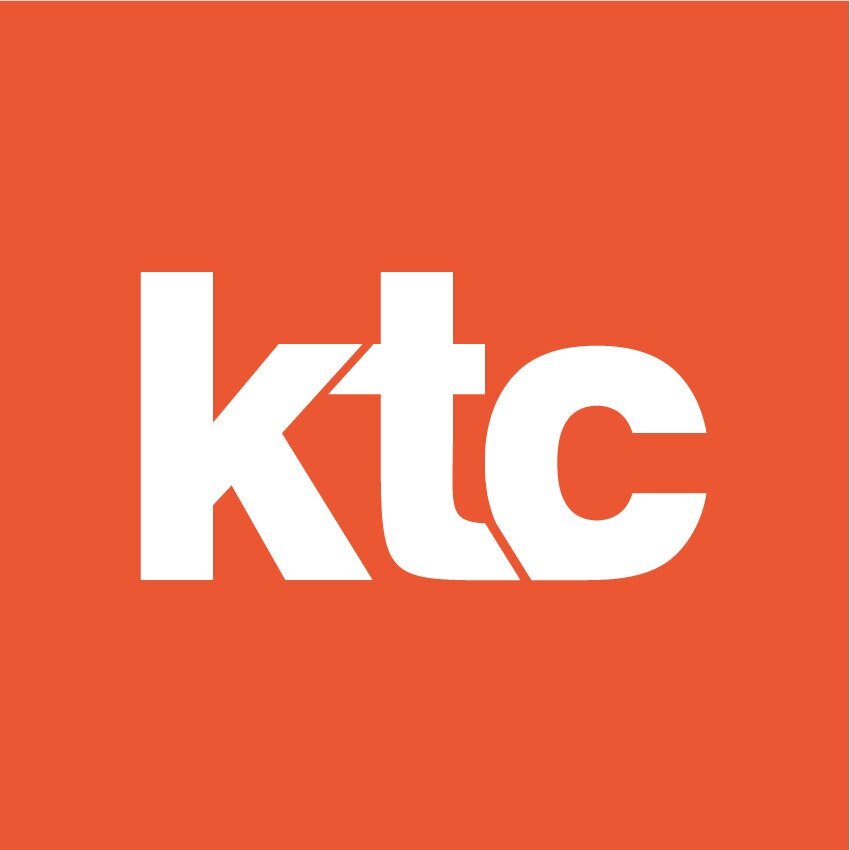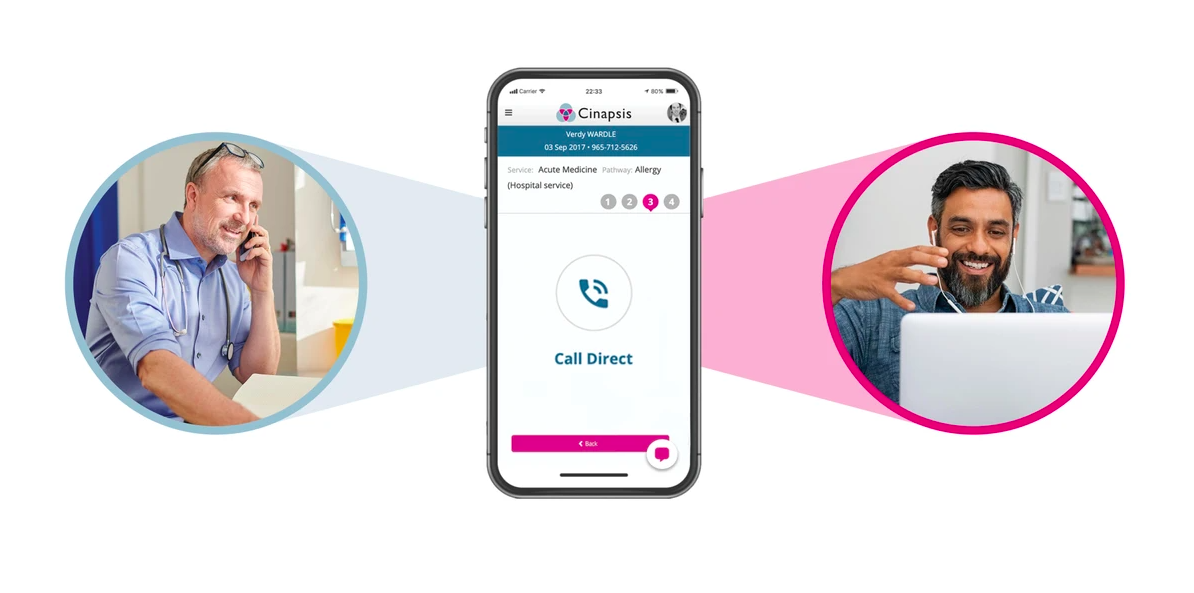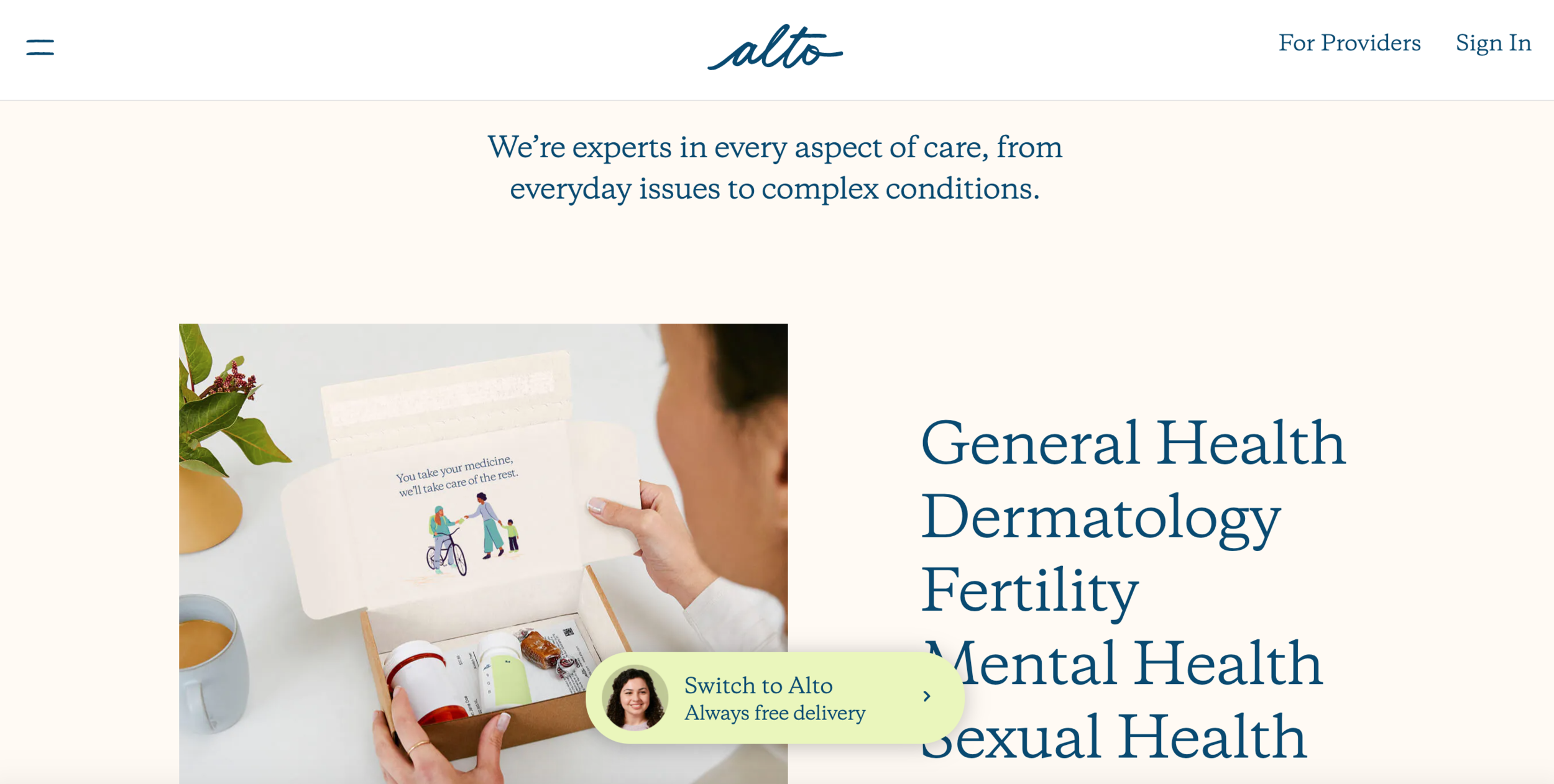Mental Health and Home Diagnosis
For the last month, our team at ktc has been researching and experiencing the impacts of COVID-19 on consumer and business behavior. Based on these findings, we defined 7 major shifts; topics that permeate all industries and prepare the ground for crowing new ways of purchasing, communicating, and doing business in any way. We compiled these insights in our #TogetherApart Economy report, on which you can read more here. The weeks of 8-19 June, we focus on the most dramatically impacted sector: health.
The pandemic is largely accelerating changes through the need to continue life through social distancing: becoming digital-first. Secondly due to the same working from home life are the rise of a new world of hobbies, hyper-local and a new rhythm to work life. And third, this forced a new way of living, increased anxiety and made every public step businesses take to manage the pandemic critical.
For the health sector, every action is critical. While entire industries like tourism are on hold, pharma, mental health, and e-health are booming and breaking old paradigms such as the acceleration of Telehealth. These shifts are shaping what every company calls the new normal.
Personal Health is becoming Digital-Only
Telehealth (the digitization of your GP or specialist’s consultation via instant chat, a call or video) mentions in media have more than doubled between 2019 Q4 and 2020 Q1, is now a consolidated solution for appointments and it’s here to stay. Together with e-health at the supply side, the GP’s office can cut dramatically the number of unnecessary consults and referrals between GP’s and specialists.
This newfound trust in digital may have been born out of necessity, but it provided the time-saving and flexibility benefits that doctors won’t let go of in the future. The same goes for using sophisticated tech such as AI-imbued diagnosing chatbots: cutting time, doing data-driven triage, and tracking the spread of COVID-19 — like the CDC Coronavirus chatbot has been doing the past month. (link).
How can you react? The way to use digital at health has two streams, but are always attached to helping the professionals:
1. Make use of relevant tech (AI, Chatbots, IMessaging, APIs) to speed up and eliminate unnecessary processes, and unclog bottlenecks;
2. Empathize with more than the patients. All staff is in need - from the assistant at the GP’s office to the nurse on the field to the therapist to the nursing home workers. Digital empathy is about offering specific services with the right design and tone of voice.
Health is of utmost importance, and under the biggest scrutiny
Being suspected of abuse of power, Pharma powerhouse Roche owns supply of a big part of COVID-19 tests in the NL. The health sector is the owner of the problem, but also holds a big chunk of power to create the solution, in detriment of economic value.
The personal counterpart of this behavior is the “Pandemic Shaming”, and “covidiots”. Walking around the street couching? Expect some people to react to it in not such nice ways. Hosting a COVID-19 party? Stay away from media.
How can you React? Companies are not a black box anymore, and your organization should be transparent
1- Align yourself with organizations and causes that resonate with your purpose, and use your marketing budget to viralize over making a real difference.
2- Your PR won’t save you from bad management or aligning economic interest over well-being, but being a driving force on fighting COVID-19 can mean loyal customers in the long term.
Social distancing is brewing new business models for healthcare at specific niches
We already saw other niches meddling with health and trying to act as the pharmacists and house doctor - such as Uber Eats starting to offer pharmacy deliveries (SomagNews) in Brazil and other countries, and now fully dedicated services are booming.
In the US, hybrid services are born out of equal healthcare for all. Alto, a San Francisco-based digital pharmacy combines the assortment of a regular pharmacy, personal advice tied to specific areas (dermatology, fertility, and others), investigates the best price, and delivers free of charge at your door. At the same time, specialized health services are designed, such as Maven, focused on women’s & family health - helping on fertility, maternity, and returning to work services.
How can you react? Your product is but a point on a customer journey — take control of this journey by servitizing and offering new models of engagement
1. Cut time to market by being where your customer is. How? Meet them at their channels, at their terms: Diversify your distribution, create a webshop, the threshold going online has never been so low.
2. Add a layer to your solution. Evaluate new models like a subscription or on-demand content, and use rich content to seduce shoppers online and be present right when they need you. That means also investing in your SEO.
Mental Health on social distancing days
The sibling of Telemedicine for wellness and mental health was already in a growth - Teletherapy, virtual business, and mindfulness apps. After the huge success of apps like Calm and Headspace (grossing $92 and 56$ million in 2019), a new wave of services are reaching consumer’s pocket.
Apps Wysa and TalkSpace.
AI-driven mindfulness chatbots
Apps like Wysa and Youper, developed with psychotherapists, draw from behavioural cognitive theories, combining mindfulness techniques, meditation, depression, and anxiety screening, helping users manage their emotional state over time.
Chat live with therapists & coaches
Talkspace offers online-based therapy via chat, audio & video starting from $65 dollars per week. The service opens a door for patients to talk on their terms, with growth in consultations of 65% between March-April 2020
Home diagnosis
Going to GP is now reduced to strictly necessary emergencies, and home testing is becoming the to-go solution not only to fight COVID-19 but to do everyday testing. US-based LetsGetChecked received $71M in backing to provide all medical testing at scale.
How to react? Unburden and make health self-service with your brand.
1. Explore ways in which your core business can help ease this anxiety pandemic - better deals, orientation, extra mile service; your organization is responsible for the benefit it’s delivering to customers.
2. Tap into new services auxiliary to your brand. Pharma? connect to fitness and wellness for a holistic view of health. Hospital? Develop an employee experience-driven mental health initiative.
In short, for all industries, social distancing forced people to abandon some and create new habits. In the health industry that means new safety measures and a range of tech-driven and home services. For brands, the window is open to experimenting. There is increased trust in digital-only processes, so make sure your digital proposition gives real-life improvement to end-users, whether those are patients, therapists, doctors, or nurses.
Want to learn more about innovation in Healthcare?
On Wednesday the 17th, we will be hosting an #TogetherApart Session dedicated to Healthcare, with more examples, advice and themed discussions with innovators in the health sector. More information and registration here: https://mailchi.mp/ktc/health
Also check our dedicated Healthcare page about our work in the health industry: https://ktc.agency/healthcare




